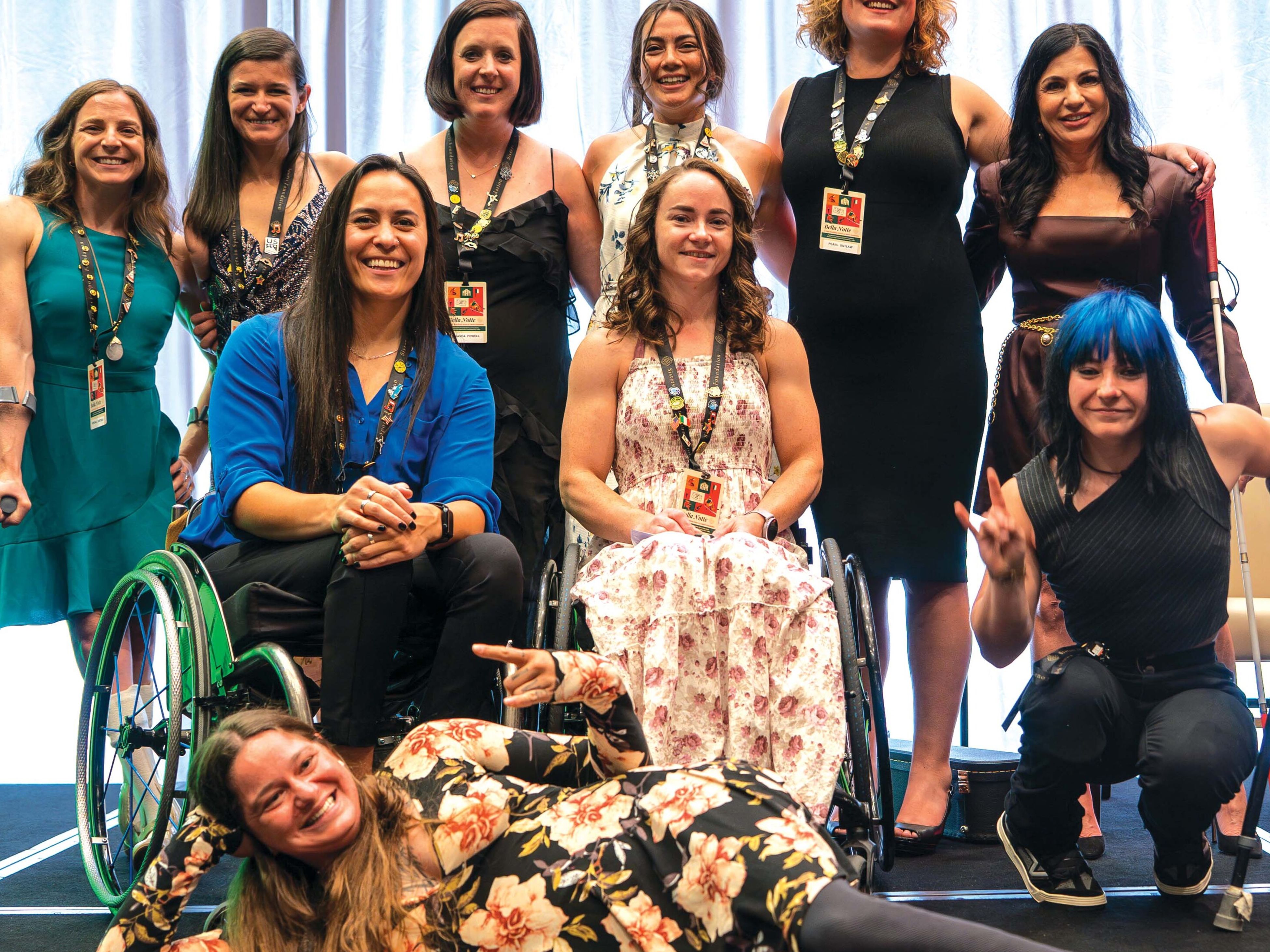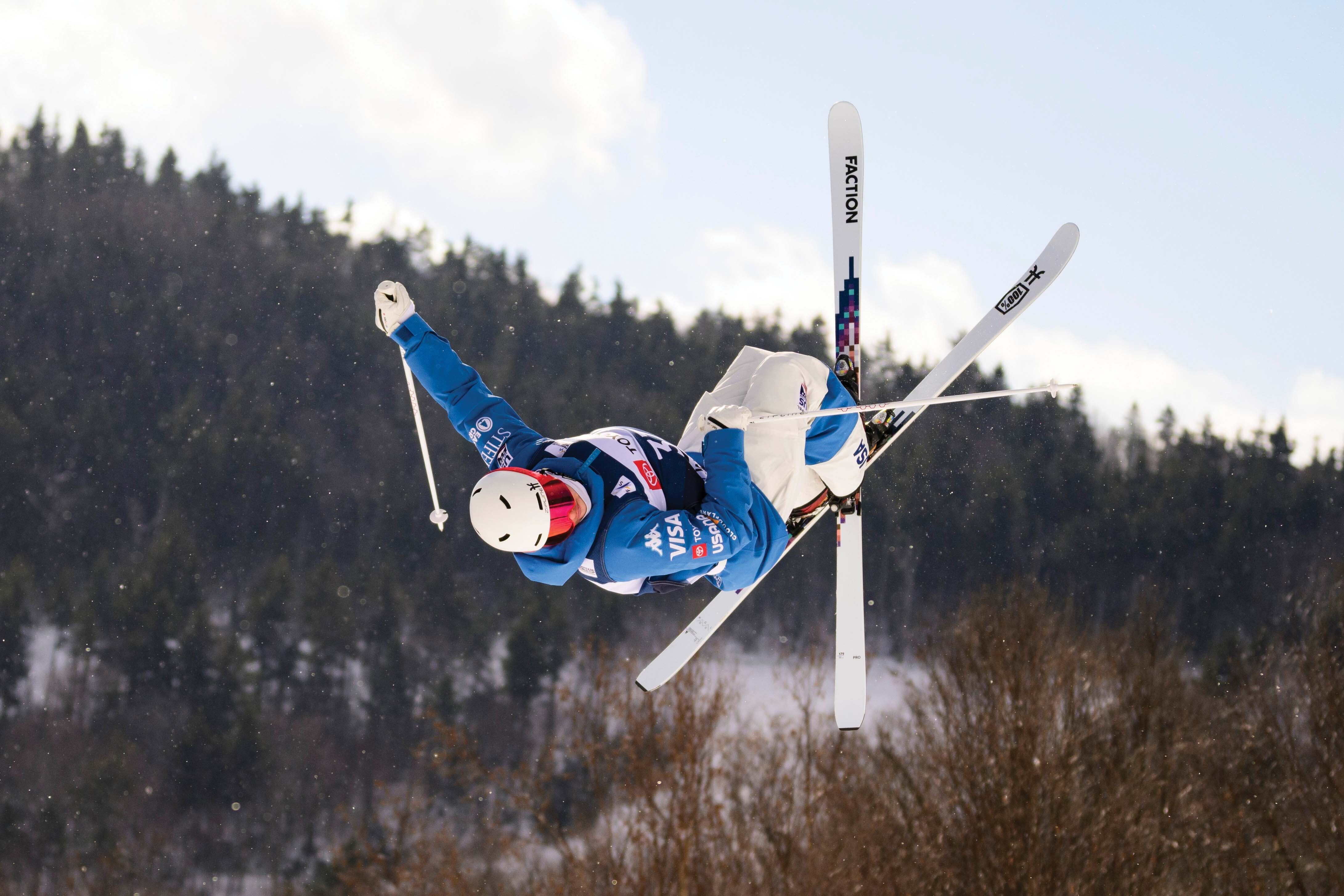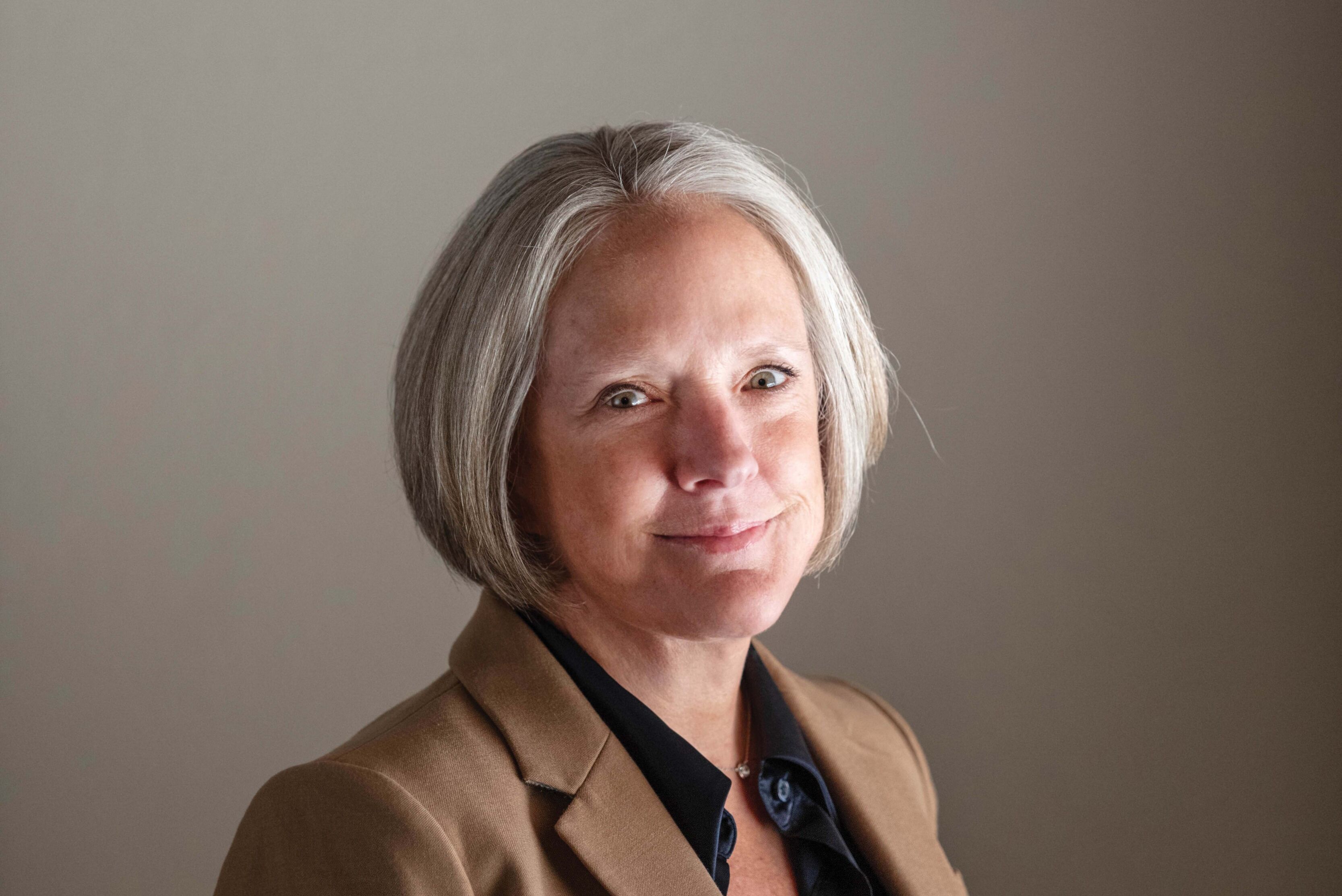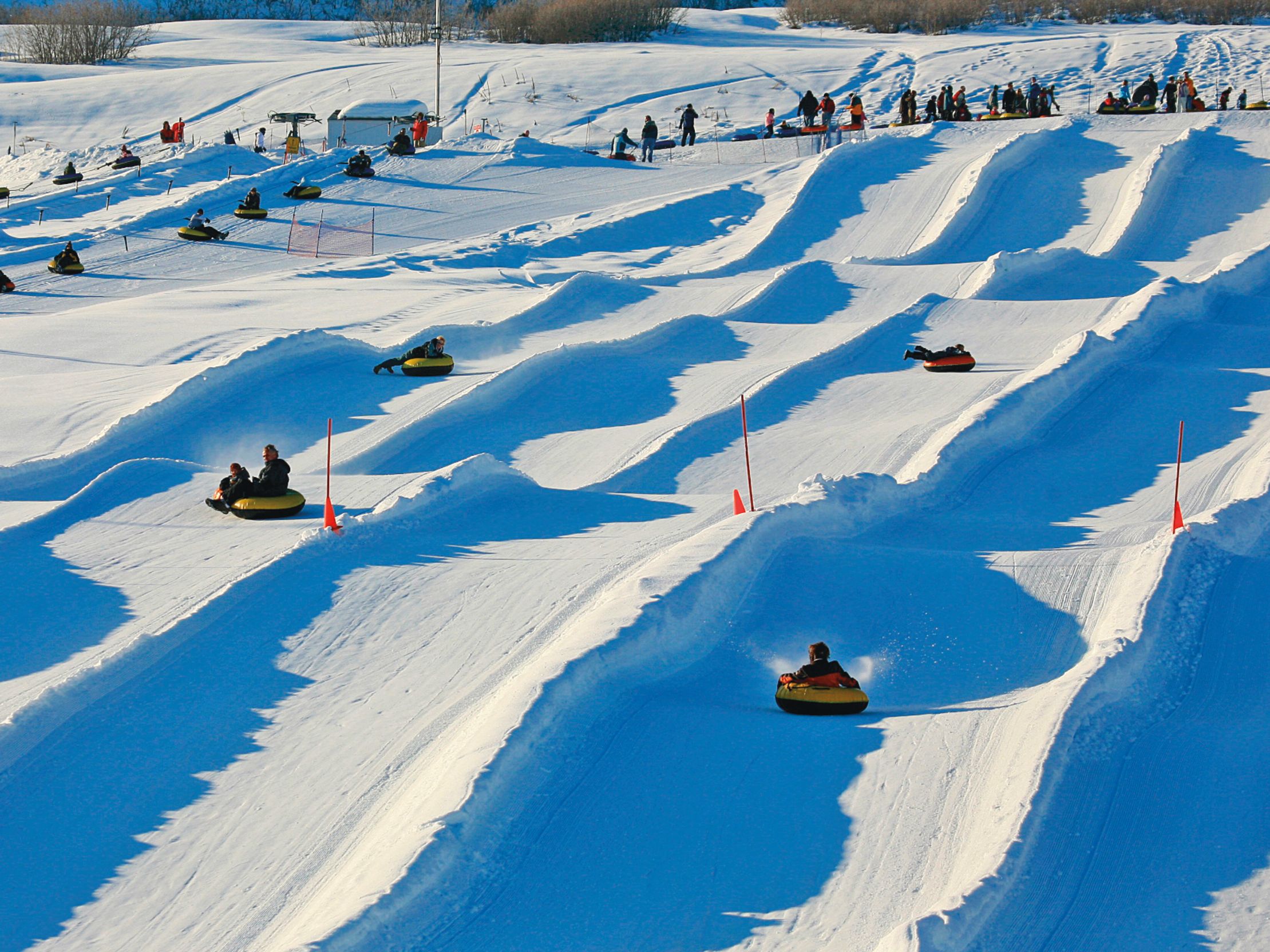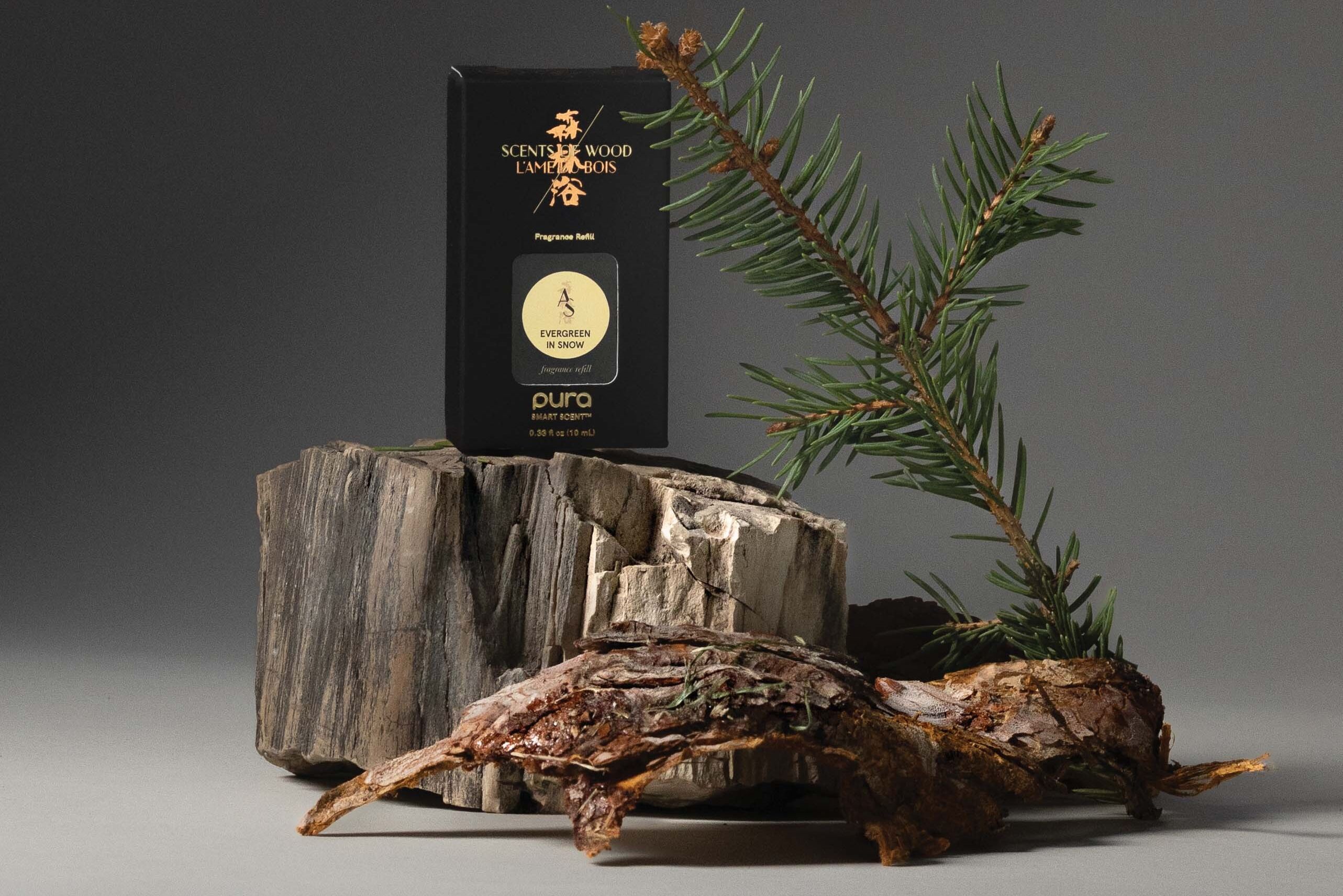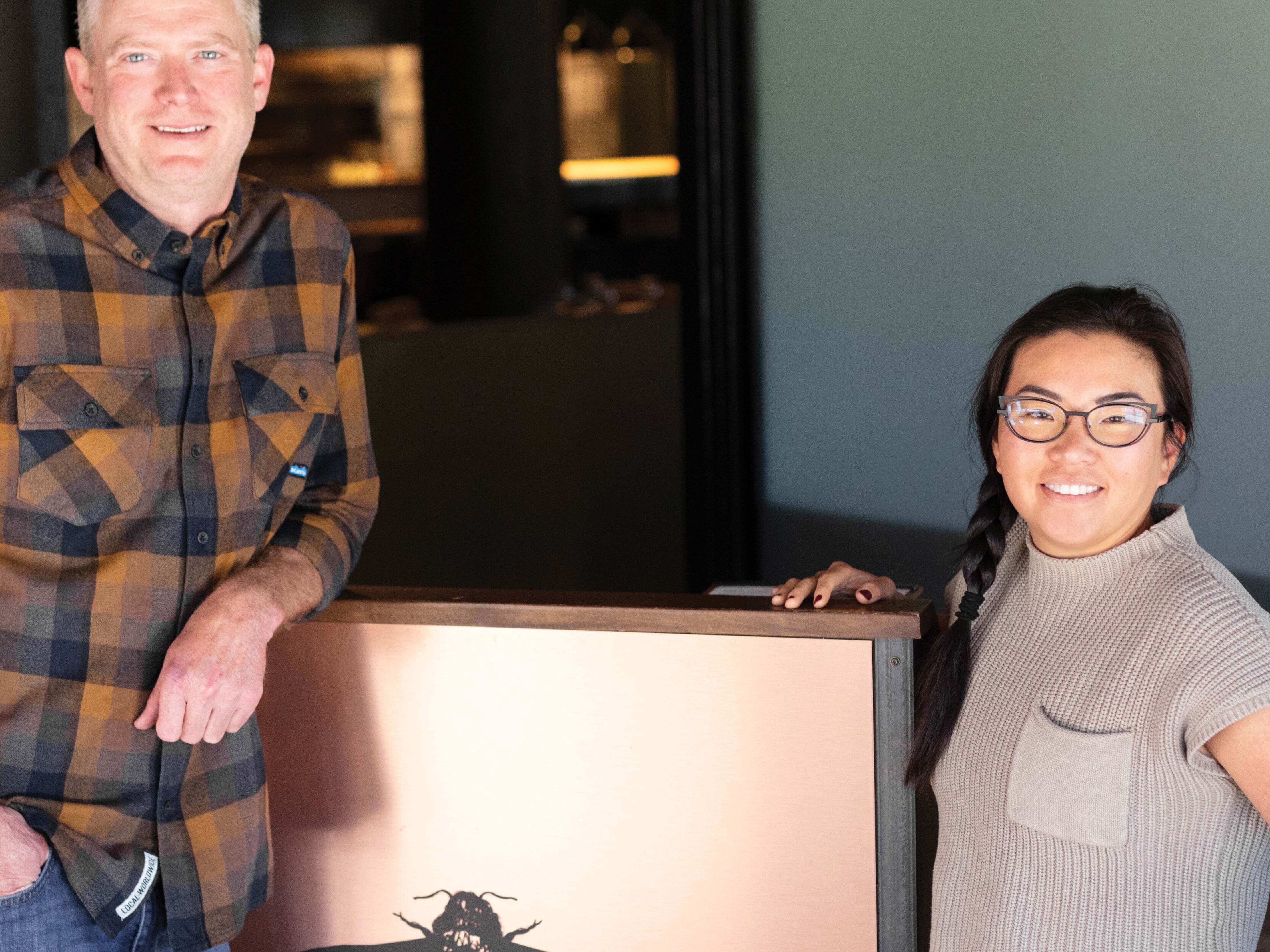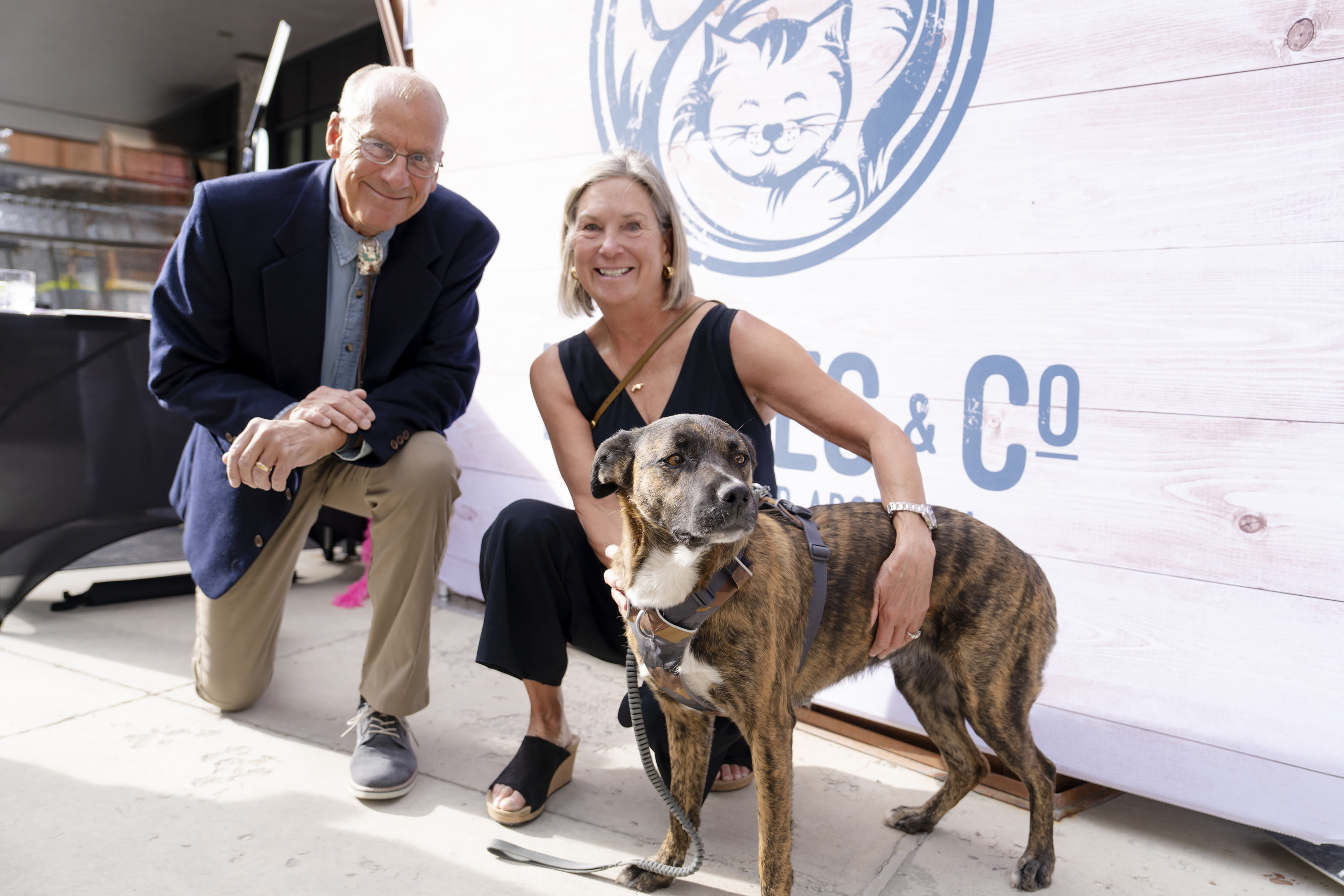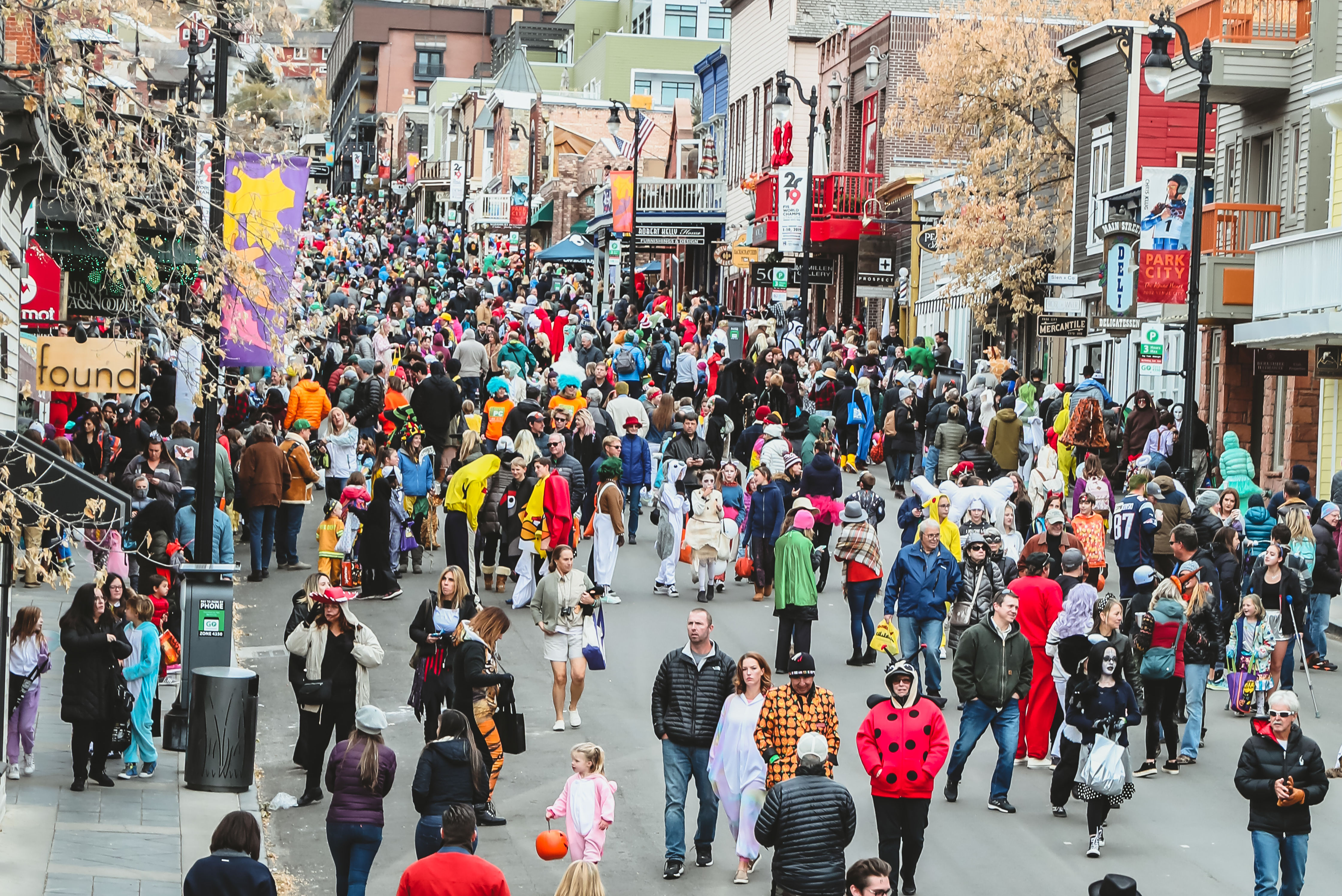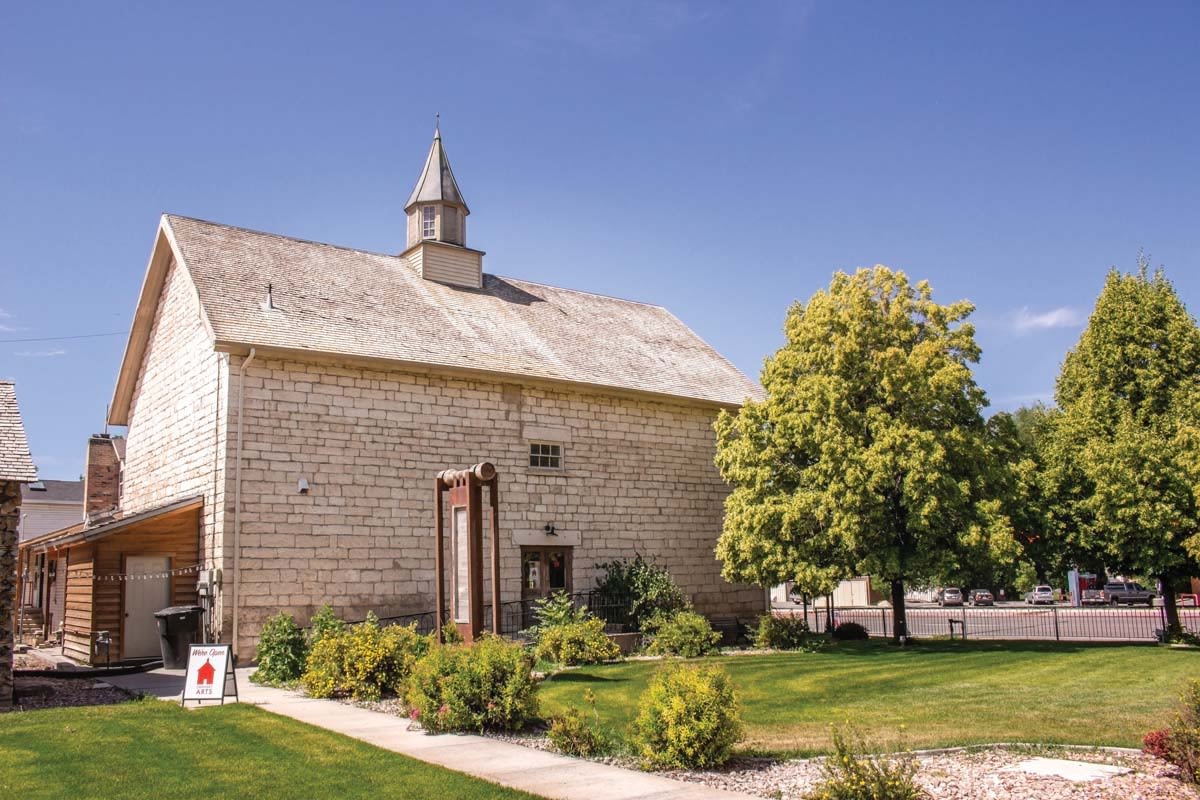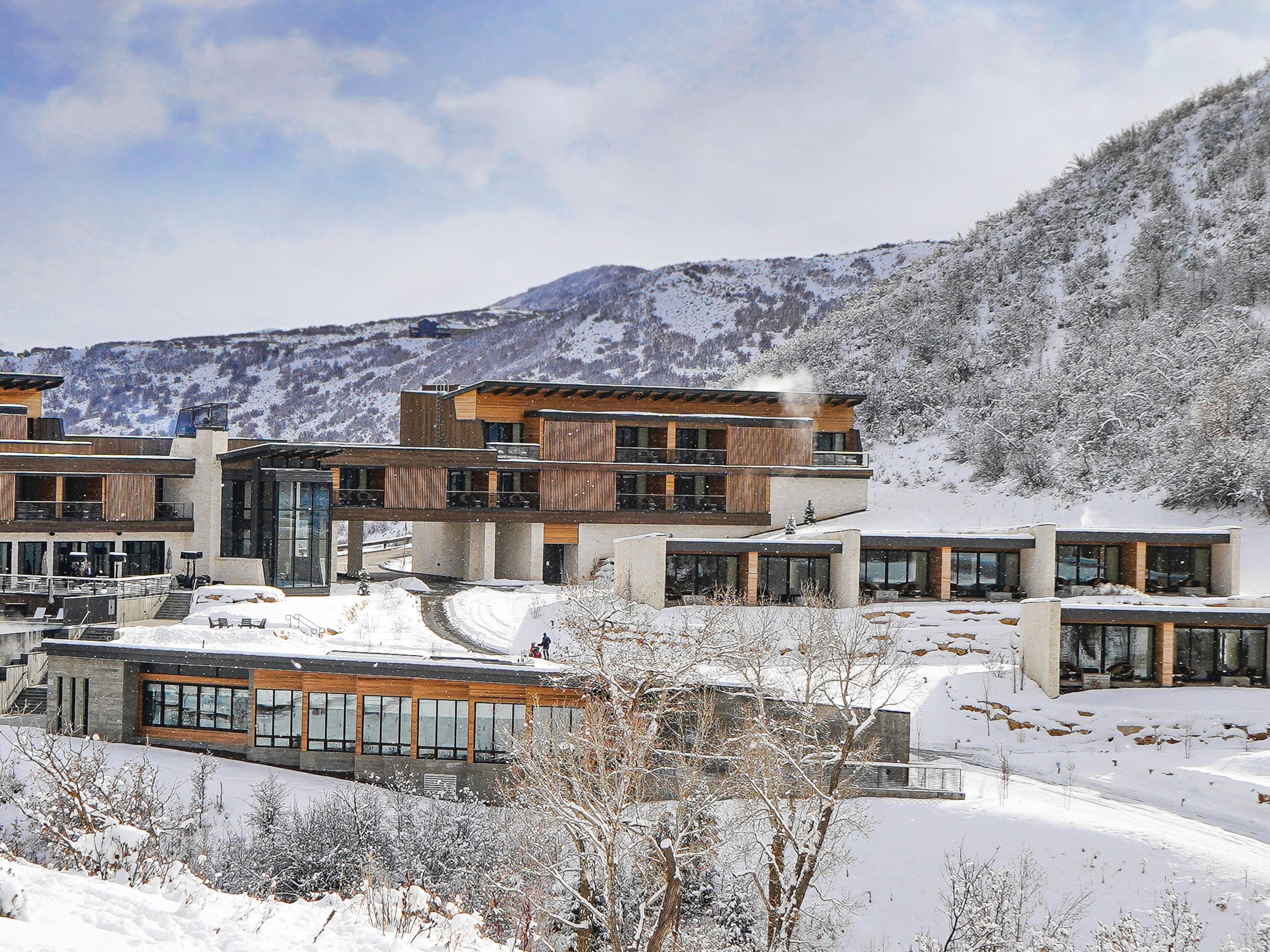Get to Know Utah Filmmaker Cole Webley

Image: Bentley Rawle
Few filmmakers get to shoot and debut their first feature in the same place they live, but Utah filmmaker Cole Webley brought his filmmaking journey full circle with Omaha, which premiered at the 2025 Sundance Film Festival. The film, largely shot in Utah, follows a father’s sudden road trip with his two children in the wake of a family tragedy. We sat down with Webley to discuss the journey of his career and the film so far. Editor’s note: The conversation has been lightly edited for clarity and concision.
PCM: How did you get your start in filmmaking?
Cole Webley: I wanted to be a filmmaker forever. I was one of those lucky kids who aspired to do something from a young age and pursued it from the jump. I did an undergrad film program at Brigham Young University, which brought me to Utah, and I started going to the Sundance Festival as a resident. I decided to start working in commercials … and then, cut to many, many short films later, and Omaha is my first film.
What was the inspiration for Omaha, and how did the project come about?
CW: Omaha was the result of me finding a screenwriter, Robert Machoian, whose film [The Killing of Two Lovers] I’d seen at Sundance and loved. I asked him if he had any other scripts he hadn’t produced. The script just jumped out at us. The first time I read it, I said, “Oh, somebody’s gonna make a great movie out of that script.” And I had a smart producer who said, “This should be your first movie.” That was in March 2023; we were shooting that August.
Your first film doesn’t have to be the greatest thing you ever make, it just has to be, hopefully, a very clear piece of you. I’m a father, and I connected to the emotion in the script and the fact that it was a story about fathers. I’m very interested in familial stories, and I felt like all the things I loved about movies were really at play here.
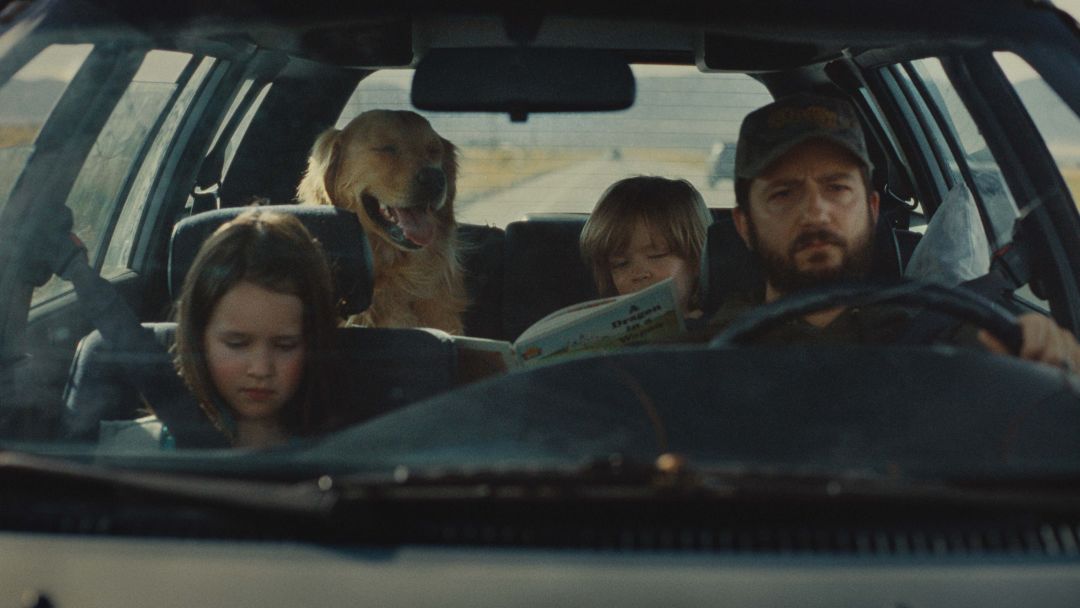
Can you describe your ethos as a filmmaker and what you hope to achieve with your films?
CW: I’m interested in making films that are about characters, [where] plot is not the driving force of the film, but characters and the decisions and experiences of our characters are, inasmuch as we can have this vicarious experience of pain and joy and sorrow and happiness through them.
The greatest experience that I enjoy [in a movie] is being taken on this journey, resulting in this empathetic view of a world that I will never be part of … and yet we bond through the human aspect of a shared humanity. That’s a big bowl to play in … but that’s done in many, many films. It’s done in ET as well as in Anora.
What was it like filming in Utah, close to home?
CW: I feel like a Utah native at this point, though my childhood was in Washington state. I’d made four or five of my short films here locally, so I knew the terrain and the geography. The script tells the story of a father on a road trip through the American Southwest. He leaves Nevada and ends up in Nebraska, as the title implies, so it was ripe for that geography. I knew so much should and could be shot here.
How did it feel having the film debut at Sundance? What do you hope for the future of the film festival?
CW: Premiering it at Sundance was magical; I had my whole family there. There’s a historical essence to being a part of Sundance that’s just hard to overlook. We had a groundswell of people who found the movie at the festival. The life of the movie is long, and we will experience the ebb and flow of an industry and how the movie finds its place in it. But the experience of being on the mountain with filmmakers and audiences is something I’ll never forget.
Sundance leaving Park City is a major hit. But the lore of Sundance is going to continue, and I’m excited to see how it moves forward in Colorado. And I know that no matter what, the history that people created in Park City for the last 40 years is etched into our memory. We are motivated; there is a coalition of local filmmakers who are looking to create something to fill that spot. I’m also excited for the next step of what that looks like for a film festival in Utah.
Park City is a great community and a great town, and I’m excited to see what other wonderful things are born out of it. I know that Sundance leaving won’t be the end of its significance to art, to culture, and to Utah.
What’s next for you?
CW: Next, like any filmmaker, is stacking up these screenplays and having the stamina to keep pushing three or four projects forward and see which happens. I’m writing one, I’m pitching two.... I don’t know which one will happen next, but my goal is to be shooting my next movie sometime next year.
As of press time, Webley was negotiating distribution for Omaha with the goal of a fall theatrical run in the US, including at the Broadway Centre in Salt Lake City, and subsequent release on streaming platforms.
